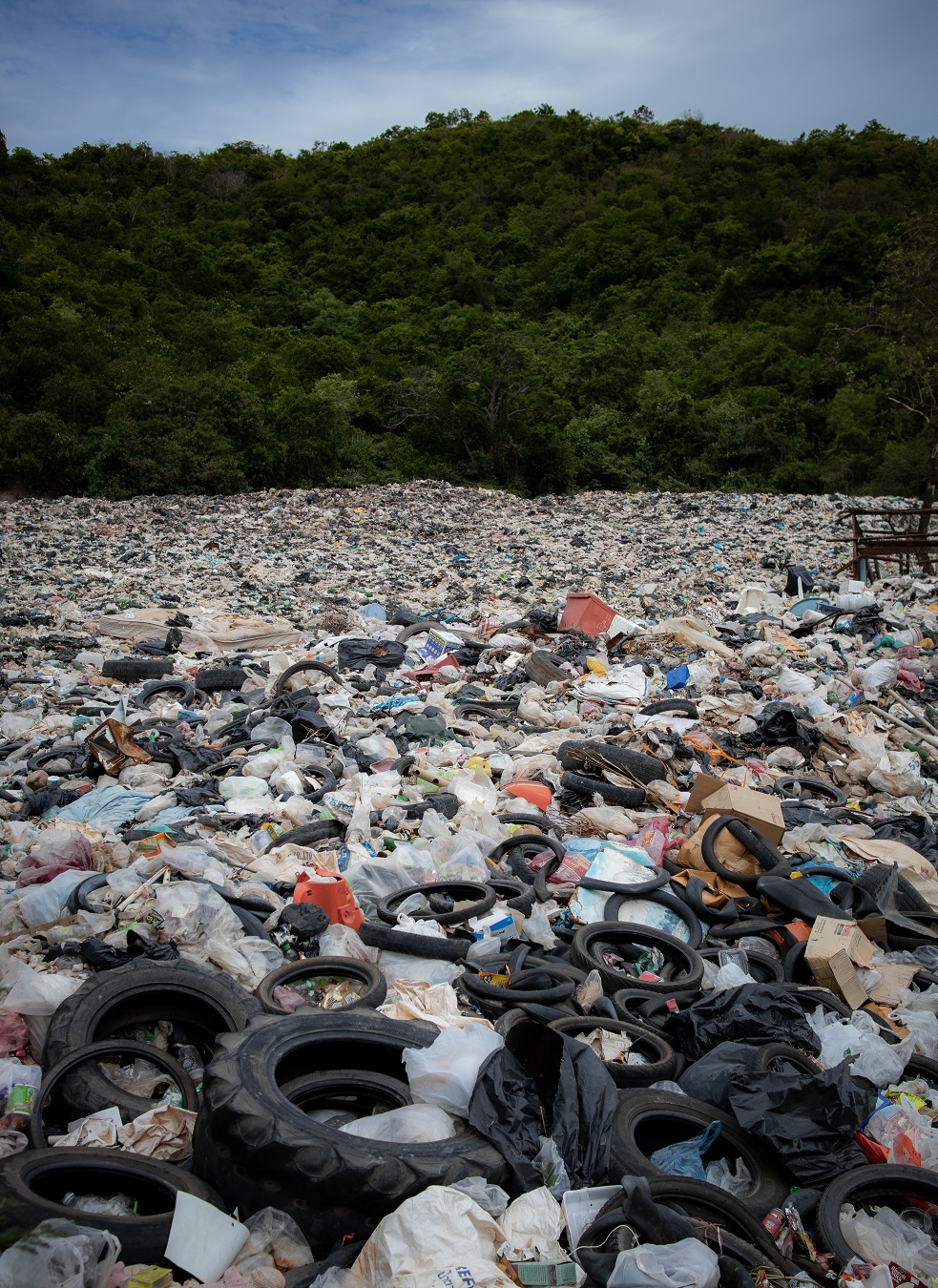ILLEGAL DUMPING ON THE INCREASE
21 January 2021

One of the many downsides of the COVID-19 pandemic is that the illegal dumping of waste has been on the increase. According to new statistics released by DAERA, since January 2020 it has received 1,007 reports of alleged illegal dumping – up 22% on the same period the previous year.
Although the extent of the problem is difficult to fully assess, Northern Ireland’s Environment Agency (NIEA) has confirmed that it spent almost £200,000 cleaning up illegal waste sites during 2019/20. This doesn’t, however, include the costs incurred by local Councils which are primarily responsible for smaller scale fly-tipping clean-ups.
In 2018 the Northern Ireland Environment Agency (NIEA) confirmed that over a two-year period it had cleaned up over 300 illegal waste sites across Northern Ireland.
The scale of the problem, however, is best exemplified by the illegal dump at Mobuoy near Campsie, reputedly Europe’s largest illegal dump. This ‘super-dump’ contains around 1m tonnes of illegal waste which, due to its proximity to the river Faughan, has threatened drinking water supplies to Derry-Londonderry. The estimated clean-up costs to the taxpayer has been reported to be in the region of £50m.
Fly-tipping can cause serious environmental and public health issues, as well as being a blight on the landscape. Illegal dumping can also involve organised criminality which undermines legitimate waste operators.
Following the discovery of the Mobuoy dump the then Department of the Environment commissioned the Mills report (2013) which concluded that “Criminality is widespread in the waste industry in Northern Ireland with at least some involvement by organised crime”.
Sadlly, fly-tipping and illegal dumping are an international problem and waste crime lies behind much of the waste which ends up polluting the world’s oceans. There have been numerous reports about waste from the UK being treated illegally from Turkey to Malaysia and an analysis by Interpol has found that the illegal treatment of plastic waste has increased since the closure of the Chinese market to imports of plastics in 2018.
In addition to enforcement and educating people about the consequences of illegal dumping, part of the solution – as pointed out in the Mills report – is to develop modern waste infrastructure which makes it much easier to track and trace where waste is going.
In order to comply with their legal requirements to provide appropriate infrastructure, councils have prepared Waste Management Plans (which are approved by the Minister) that identify how they are, or how they propose to deal with their different wastes. The most recent versions of these have been published by arc21, NWRWMG and by three councils in the south west of Northern Ireland.
In the meantime, for more information on fly-tipping, what to you can do about it or what to do if you see someone fly-tipping, please visit NI Direct.